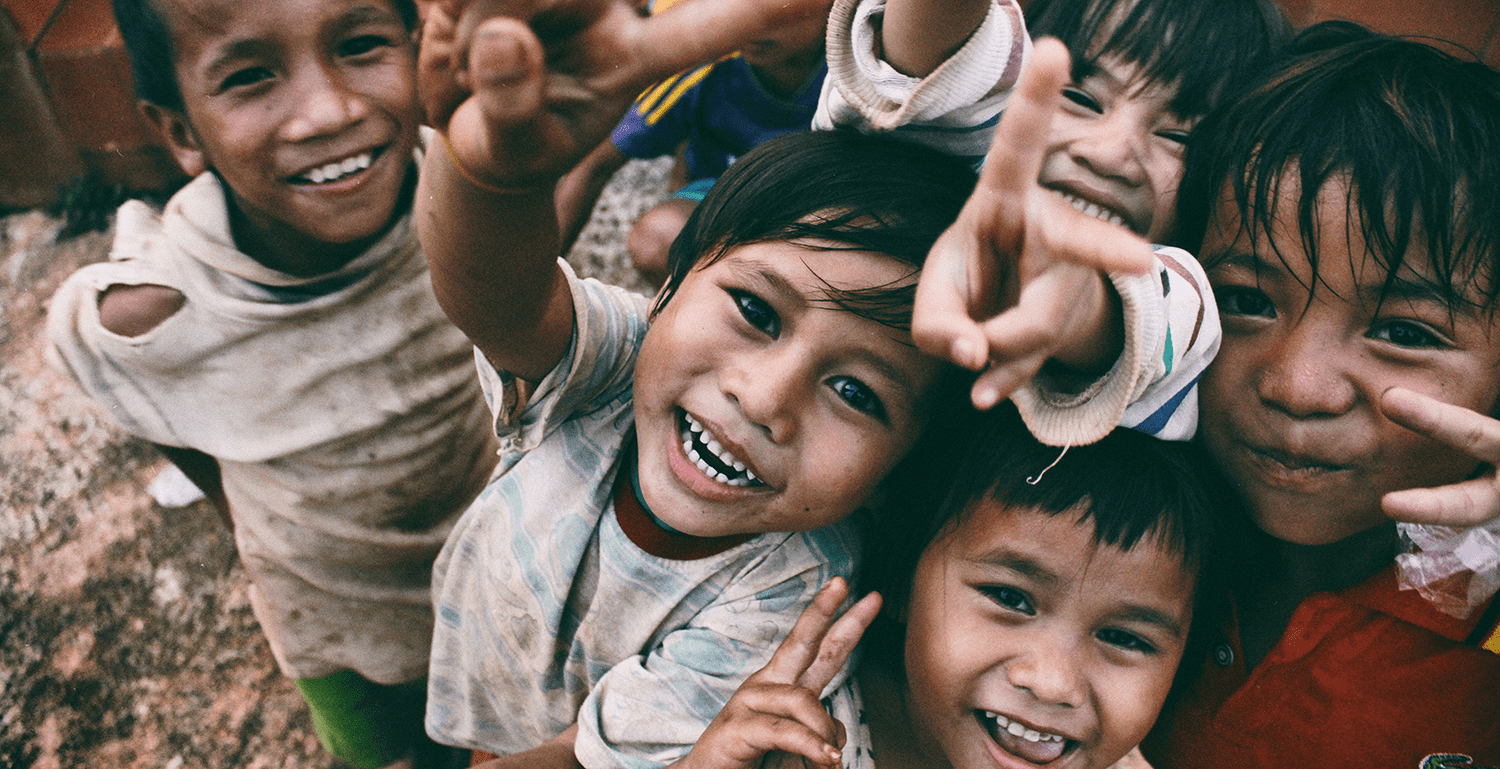
Child Poverty’s Impact on Our Future
A new report, Income and Poverty in the United Sates: 2014 details the most current statistics for children and families in the United States, the largest economy in the world. The title tells the story. Despite the encouraging steps toward recovery from the 2008-09 recession in terms of employment, the US continues to be a society of the “haves and have-nots”. The new poverty statistics are sadly too familiar. I find it appalling that 21.1% of children under age 18 and 23.5% of children under age 6 live in poverty in the US! Even worse, more than half, 55.1% of children under 6 years who live in families headed by single mothers live in poverty! (See Income and Poverty in the United Sates: 2014, pages 14-15 for more details on children living in poverty). Considering the trends over the past 50 years, we clearly are not winning the War on Poverty.
So what does this enormous poverty rate mean for children’s early brain development, their future learning, and their ability to function in our fast-paced global society? ZERO TO THREE has taken action to bring this issue front and center to the US Congress. ZERO TO THREE is a national, nonprofit organization that offers parents, professionals and policymakers information, training and resources for nurturing the early development of infants and toddlers. ZERO TO THREE just released a compelling infographic that shows how poverty negatively impacts babies’ brain development and results in learning gaps for children when compared to their more advantaged peers. Beyond drawing attention to the severe impact of poverty, this infographic points out the important fact that:
Strong nurturing relationships help build healthy brains. These relationships buffer children from harmful stress and strengthen brain development in key areas that affect academic success.
As we’ve discussed in a previous blog post, it has even been suggested that much of the impact of poverty on child development operates through its disruption of parenting and family life. Applied researchers Martha Wadsworth and Shauna Rienks have been studying interventions to build coping skills within low-income families impacted by poverty. In their article titled, Stress as a mechanism of poverty’s ill effects on children: Making a case for family strengthening interventions that counteract poverty-related stress, they refer to families experiencing “poverty-related stress” who have concerns about money which lead to a “context of stress”, including family violence, food insecurity and/or frequent changes in residence. Families who participated in the FRAME and FaCES interventions have shown improvements in child and parent mental health, problem solving and coping skills.
The research is clear; parenting is key in shielding children from the negative effects of poverty and building coping skills for resilience. The calls for policies supporting parents are growing continually stronger and more frequent. Investing in supports for nurturing parenting yields benefits over a lifetime and across future generations. By intervening in parenting, we address a major contributor to the impact of poverty on children.
Noble Prize-winning economist, James Heckman points out the importance of measurement:
The proper measure of disadvantage is not necessarily family poverty or parental education. The available evidence suggests that the quality of parenting is the important scarce resource. So we need better measures of risky family environments in order to achieve more accurate targeting.
[James Heckman, Giving Kids a Fair Chance (A Strategy that Works) page 35]
Without parenting assessment measures, interventions work in the dark. Validated parenting assessment tools can show you where a parent is starting, guide you in tailoring your services to meet each specific family’s needs, improve your parenting outcomes, and document success.
We join ZERO TO THREE in inviting readers to use their infographic to send a clear and urgent message to their families, friends, communities, and Congress Members to invest in supports for ALL parents to help them nurture their young children and create early learning opportunities. This is not only a winning investment for our children and families; it is a wise investment for our country’s future.
